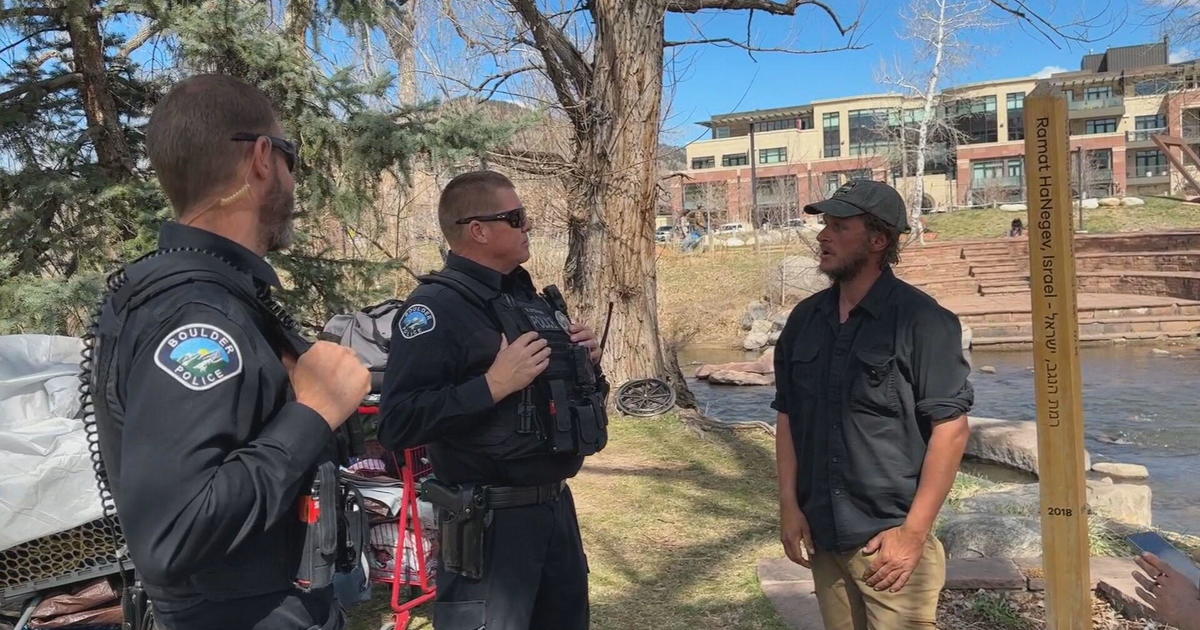Why Does My Nose Think It's Running In A Race? How To Tell Whether It Is An Allergy Or Cold
(CBS4) - It seems like the endless river of sniffles and runny noses. We're transitioning from the cold and flu season into a whopper of an allergy season. And it is a whopper. Some docs are calling it one of the worst we've had in years.
All of the moisture and temperature swings we've had means a leap in pollen counts as the temps warm -- and right now it's those trees which are spewing out those microscopic particles of misery, with the grasses soon to follow.
But here's the kicker. This year, we are seeing allergies in people who have never had allergies before. And that can make it really confusing if you aren't sure whether those sniffles and sneezes are from a spring cold or an attack of the pollen monsters. It can be a tough call. You've gone your whole life allergy free -- and bang -- you begin to achoo away.
So how do you tell the difference? Well, even that can be tough call but here are some basic guidelines:
With allergies, you don't get fever or chills. You don't get a painful throat, but perhaps a scratchy throat. You're also more likely to be clearing your throat a lot. Itchy eyes and fits of sneezing tend to fit more of an allergy picture, and if you're coughing -- it tends to be one that's not deep. And with allergies, your nose tends to run like it's in a long distance race.
Now obviously if you're sick, the doctor is for you. But if you suspect allergies, here are a few thoughts:
Avoid early morning outdoor activities -- that's when pollen counts tend to be highest.
Change your clothes and wash your hair after doing outdoor activities, so you are not carrying allergy particles into the home.
And be sure to shower and shampoo before bed to keep those pollens off of your pillow.
Clothes and pets should stay outside of the bedroom.
And if you do decide to try an allergy med, take it before heading outside -- it works better at preventing symptoms than treating symptoms.
If you're unsure, once again, see your doctor. We do have a few tricks up our sleeves to help figure out the diagnosis, and treat whatever is ailing you.
And this time of year, we always make sure we have extra tissues in the office in case you run out, no matter what the cause. (Seriously, we do keep extra on hand).
Dr. Dave Hnida is CBS4's Medical Editor. He blogs about the latest studies and trends in the health world. Read his latest blog entries, check out his bio or follow him on Twitter @drdavehnida



